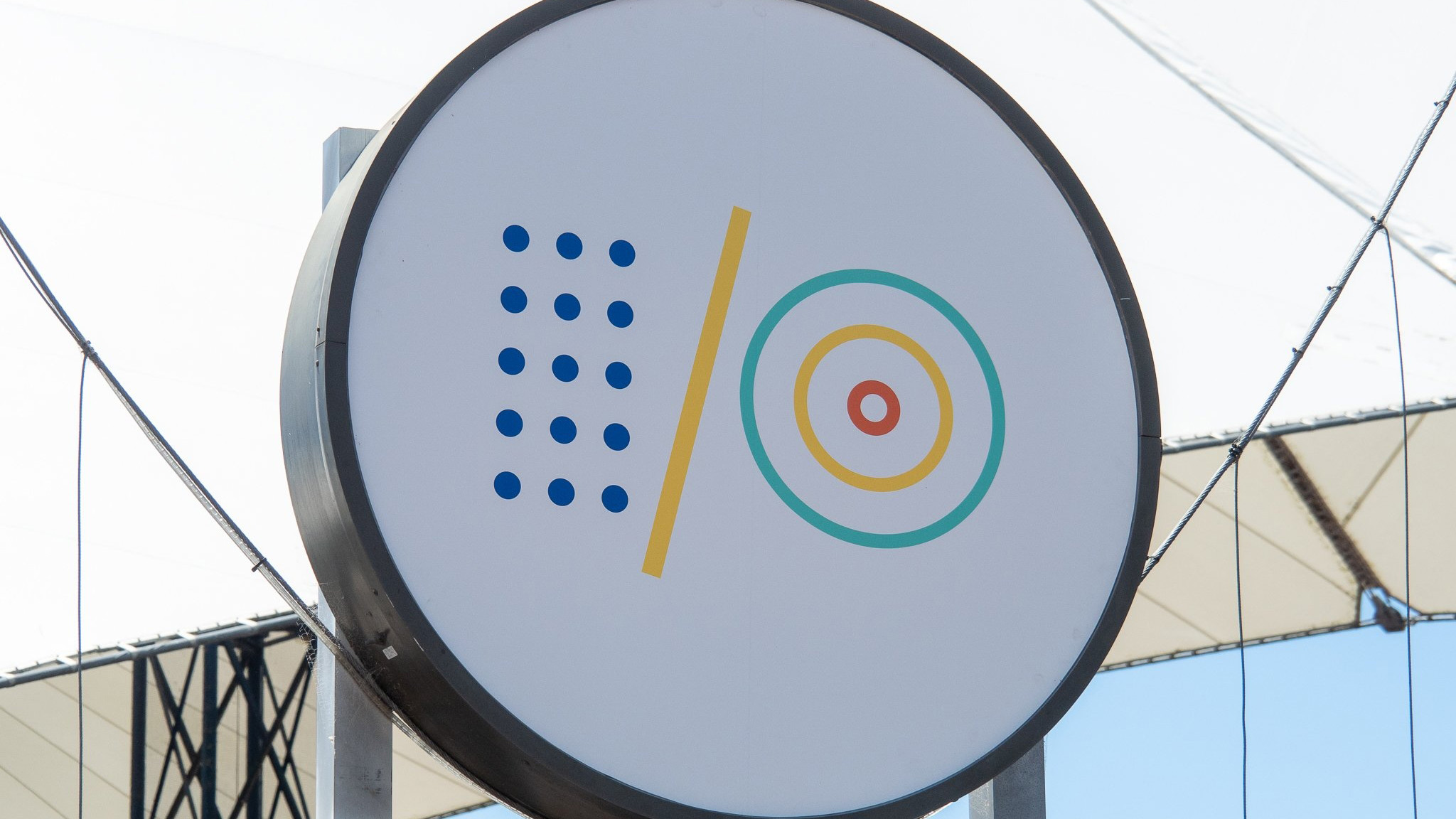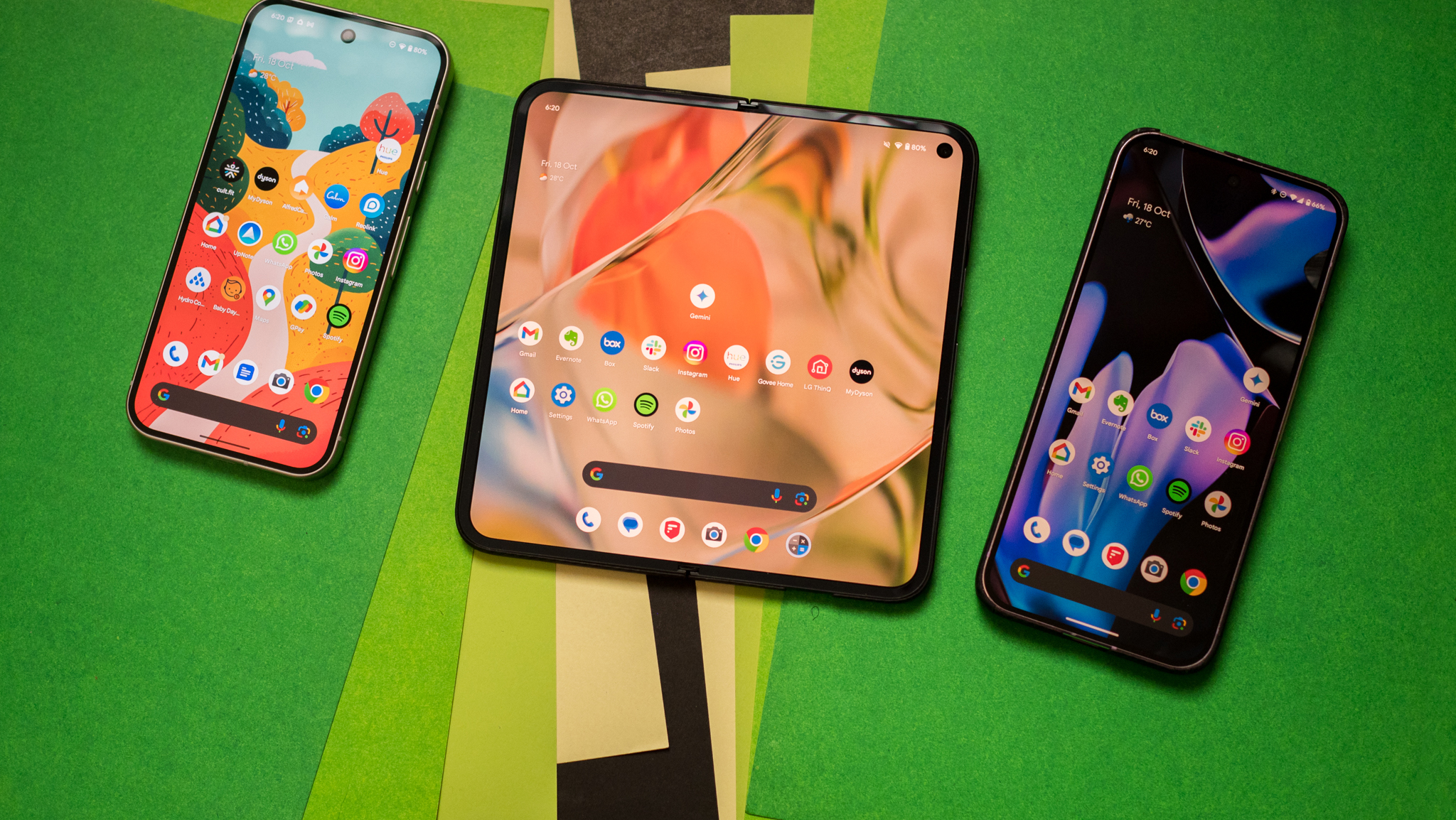Everyone is talking about Google I/O but what exactly is it and who is it for?
More than a tech conference.

Google I/O 2025 is right around the corner and the invite-only affair will be live-streamed for the world to see and learn more than it ever wanted to know about AI Google. You probably know a little bit about Google I/O but chances are that stops once you get past the first-day keynote speech.
Google I/O is a lot more than that. But it's also something you aren't particularly interested in or think you need to care about no matter how big an Android fan you might be.
So what's the big deal and why are so many Android enthusiasts talking about Google I/O? They're really not. I'll explain.
Keynote speeches are an outlier

Everything you know about Google I/O probably comes from one of the keynote speeches. There is a day-one keynote where Sundar and company get on stage to talk about the new and hopefully exciting things that are coming to the world of Android and Google, and there are "secondary" keynotes like What's new in Chrome.
These are often fascinating. Historically they've given us a good look at what Google thinks we want even if the last few have morphed into an AI drinking game. This is what most of the tech press will be covering and it is all the information the average Android fan cares about.
So what about the rest of the three days? If you like programming and development, the rest of the time is for you.
I don't mean just workshops and tutorials for coding practices (though those are at I/O, too). You can learn about the tools developers need, new changes to how third parties can integrate with core features, and even updates on licensing and agreements you need to follow to develop for the Google ecosystem.
Be an expert in 5 minutes
Get the latest news from Android Central, your trusted companion in the world of Android
It's good stuff and very important. It's also not something most people care about, which explains why tech publications never talk about it. Would you rather see another article about what's coming in Android 16 or one about updating your developer toolkit to leverage new APIs?
That's because you're (probably) not a developer. You do not need to know about any of this stuff, no matter how important it all is.
That's the thing; it is important. More important than incremental UI changes or new AI features will ever be, because these tools are what builds an Android/Google ecosystem.
The same goes for any platform. Apple and Microsoft would not be where they are today without third-parties building reasons to use them. Think about it — do you want to use a smartphone platform that has zero apps? You didn't answer "yes" but if you did I'll mail you an old Windows phone. That was said in jest but it shows exactly what I mean — Windows on phones died because the app ecosystem just wasn't there.
Developer conferences exist to try to make sure that doesn't happen. Hour after hour of complicated and confusing presentations might seem pointless to you, but the person building the next great idea is paying close attention.
It's OK that Google I/O isn't for you. What you can do is follow us to see the new and exciting things coming and leave the rest for the people who need it. You can then enjoy what they've done with everything they learned.

Jerry is an amateur woodworker and struggling shade tree mechanic. There's nothing he can't take apart, but many things he can't reassemble. You'll find him writing and speaking his loud opinion on Android Central and occasionally on Threads.
You must confirm your public display name before commenting
Please logout and then login again, you will then be prompted to enter your display name.
